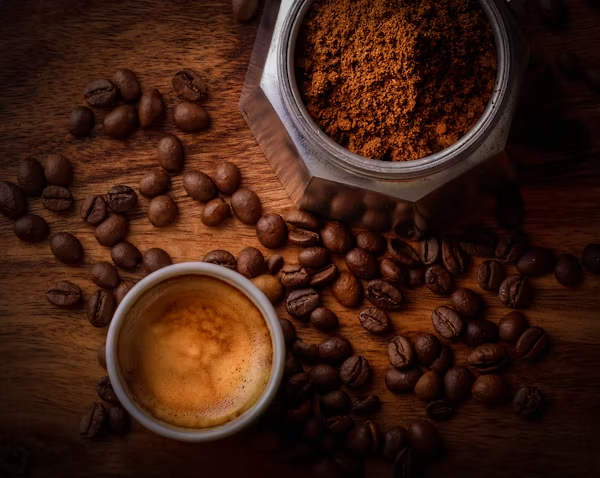Have you cut back on caffeine and noticed your dreams becoming more vivid? Many people report this change within a few days. Some describe nights filled with sharper, more emotional, or even unsettling dreams. Cutting caffeine brings known benefits such as healthier teeth and fewer bathroom visits. But one surprising side effect often emerges: stronger, more memorable dream experiences. What explains this phenomenon?
The impact of caffeine on sleep
Caffeine acts as a stimulant by blocking adenosine, a chemical that builds up during wakefulness. Normally, adenosine helps us feel tired at night and clears as we rest. By blocking this process, caffeine delays sleepiness. When caffeine wears off, fatigue often returns suddenly. Because caffeine lingers in the body for three to six hours, late consumption can affect sleep. This disrupts deep non-REM sleep and makes it harder to fall asleep at night.
Why dream intensity may increase
Direct research on caffeine reduction and vivid dreams is scarce. Most studies examine caffeine’s effect on sleep quality. Yet many people share the same account: after cutting caffeine, their dreams become clearer, stranger, and more emotional. The most likely explanation is sleep rebound. Without caffeine, the body spends more time in restorative rest. This often enhances rapid eye movement sleep, the stage most strongly linked to dreaming.
Understanding vivid dreams
Vivid dreams often feel lifelike and emotionally powerful. They contain striking details and imagery that linger long after waking. Such dreams occur mainly during REM sleep, when the brain is active though the body remains still. More REM sleep increases opportunities for elaborate dream experiences. Research shows people with more REM also recall dreams more clearly. Waking during this stage further strengthens dream memory. Cutting caffeine may therefore boost REM, resulting in intense dream episodes.
Why results vary
Not everyone who reduces caffeine will suddenly notice vivid dreams. For some, the effect appears briefly and then fades. Sleep and dreaming depend on many different influences beyond caffeine. Still, the link makes sense: caffeine disrupts sleep, and deeper sleep supports richer dreaming. Less caffeine may simply allow the brain more REM time, creating stronger dream experiences.
Timing matters most
Caffeine is found in coffee and energy drinks, but also in tea, chocolate, fizzy drinks, supplements, and medications. Despite its drawbacks, caffeine also offers benefits. Research connects coffee drinking with lower risks of depression and some brain diseases. Coffee contains antioxidants and vitamins that support overall health. For shift workers, caffeine remains a crucial aid against fatigue. For many others, mornings feel incomplete without it. But timing is key for protecting sleep. Avoid caffeine at least eight hours before bedtime. Steer clear of large doses within 12 hours of rest. Better sleep may follow—and perhaps dreams you will never forget.


